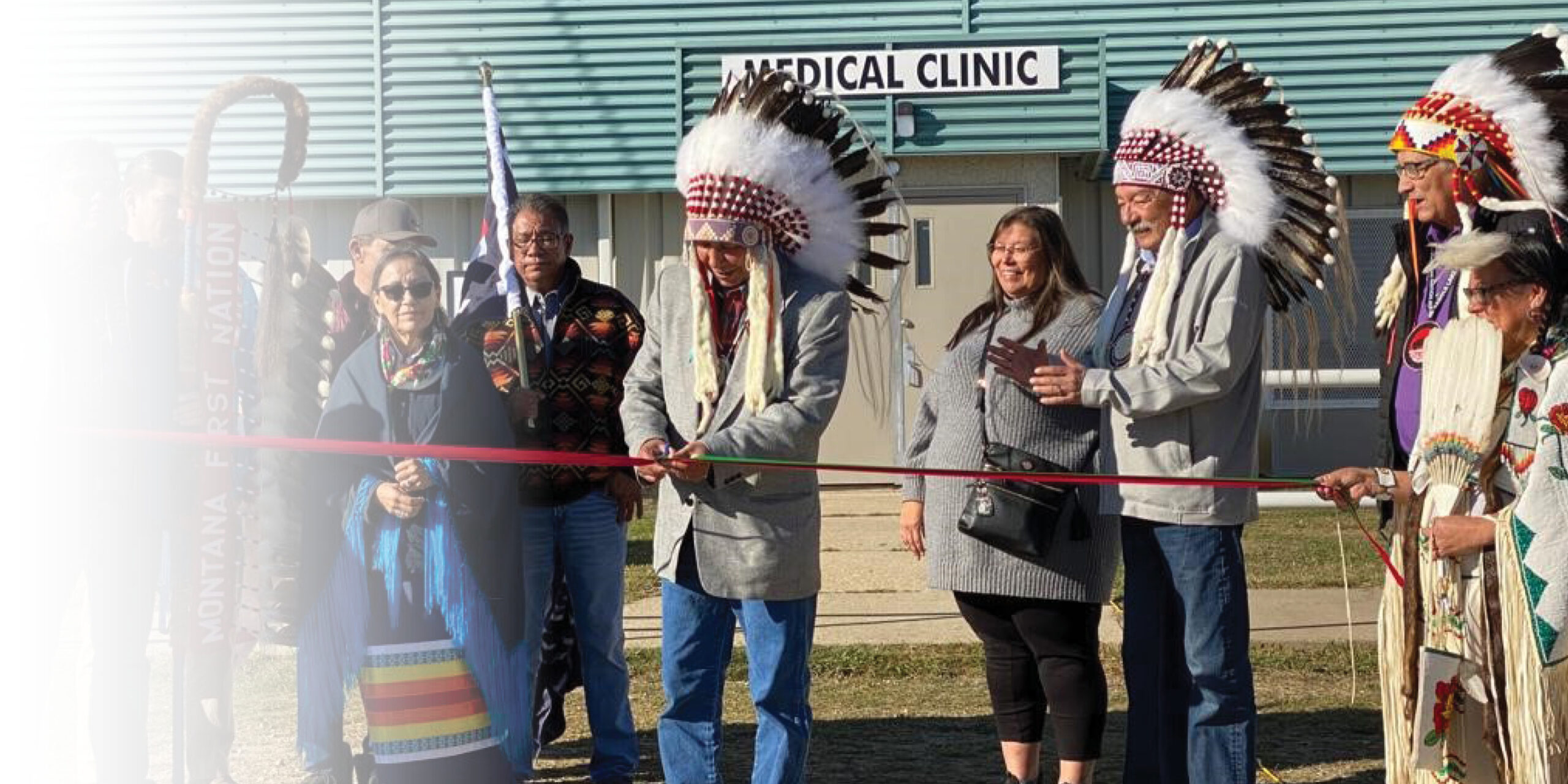WELCOME TO MCAP ONLINE
The goals of MCAP are:
- To meet the needs of International Medical Graduates to successfully integrate into the Canadian healthcare system through an in-depth understanding of patient-centred care, expected communication skills, and cultural competence to effectively address needs of patients.
- To prepare IMGs registered to take the NAC OSCE in the Spring of 2024 and who are planning to apply to the 2024-2025 CaRMS cycle.
- To prepare IMGs eligible for PRA (Practice Readiness Assessment) routes.
This program is for IMGs who feel they need to enhance their understanding of patient-centred care, communication skills, and to increase their cultural competence to work effectively in the Canadian healthcare system as this program provides an in-depth look at the underlying values of the Canadian system. It is designed for those pursuing licensure via CaRMS or a Practice Readiness Assessment routes. Those who have proof of registration for the upcoming NAC exam or a practice readiness eligibility letter will be given preference as well as those who have completed the MCCQE1 exam prior to commencing the program.
Based on funding criteria, seats are for IRCC eligible applicants (Permanent residents and Refugees) who reside in Canada. Applicants need to have completed their AIMGA profile completely. Applications will be reviewed on a first-come, first-serve basis.
MCAP ONLINE DATES
MCAP Online’s Current Cohorts:
- Cohort 9: June 21 to August 16, 2024 (Fridays); 25 seats; online
For more information, please contact Teresa at teresa@aimga.ca
MORE INFORMATION ABOUT MCAP ONLINE
This course is facilitated by a medical communication expert and practicing physician(s). The online classes focus on pertinent information included in the modules. Class sessions are participation based and video cameras are required to be on throughout each session. These are not lecture-based courses and anyone who is not actively involved and/or does not have their camera on will be removed from the program. Courses will be from 9:00 am to 1:00 pm MST.
MODULE 1: AN INTRODUCTION TO PATIENT-CENTRED CARE
Module 1 introduces participants to the concept of patient-centered care and why it is the model of choice in the North American healthcare system. This module also emphasizes the importance of taking an organized history for both practice and OSCE exam settings. Participants are introduced to the expected interview structure taught in North American medical schools.

MODULE 2: GIVING ADVICE & INCLUDING THE PATIENT IN THE MANAGEMENT PLAN
Module 2 explores how to organize a mutual plan of action with the patient. It includes an in-depth view of presenting treatment options, explaining treatment options and negotiating a mutual management plan. This module also looks at non-verbal communication and how to build rapport with patients using a patient-centred care model. This module builds on Module 1 and provides a deeper understanding of patient-centred care.

MODULE 3: DEALING WITH TEENAGERS
This module expands on participants’ knowledge of explaining treatment options and negotiating a mutual plan of action with the patient. This module explores ethical considerations, confidentiality and privacy, and patient rights in view of teenage patients. This module highlights how to build rapport, discuss sensitive topics, and improve communication with the teenage patient.

MODULE 4: DEALING WITH DIFFICULT PATIENTS
This module expands on techniques explored in previous modules with regards to negotiating the management plan and achieving a mutual plan of action with a difficult patient. Participants learn how to best deal with difficult patients and diffuse patients’ arguments of resistance in a professional manner.

MODULE 5: BREAKING BAD NEWS
Module 5 explores the very difficult task of breaking bad news in the North American health care system. This module emphasizes the importance of developing strategies and techniques to communicate bad news using common models. Through an exploration of situations where breaking bad news is required, this module assists in overcoming the barriers to breaking bad news to ensure that participants possess the skills and techniques to deliver bad news appropriately.

MODULE 6: MEDICAL ETHICS
Module 6 explores the ethics of Medicine through the codes and key principles established. The module emphasizes confidentiality, consent to investigation or treatment, and truth telling. The module also looks at obligations and restrictions in the doctor-patient relationship such as conflict of interest, disclosure of personal or moral limitations; professional boundaries; physician’s and patient’s rights; involvement of friends and family.

MODULE 7: PREPARING FOR THE OSCE: TECHNIQUES, TIPS & STRATEGIES
Module 7 explores the structure and concepts behind OSCEs. Participants review different types of cases, assessment checklists, and video performances. Tips & strategies to the OSCE from the beginning to the end of cases are provided. Exam-taking strategies and techniques are presented so test-takers can demonstrate their communication and clinical skills confidently during an OSCE.

MODULE 8: PREPARING FOR THE MINI MULTIPLE INTERVIEW (MMI): TECHNIQUES, TIPS & STRATEGIES
Module 8 provides an overview of the MMI. The role and the expectations of the interviewers and the interviewees are highlighted along with the personal traits and characteristics the MMI interviewers are assessing. The module provides interview strategies and response techniques for different scenario types so candidates can respond confidently.

MODULE 9: COLLABORATIVE CARE, TEAMWORK, AND CONFLICT RESOLUTION
In this module, participants are introduced to the National Interprofessional Competency Framework. The four aspects are explored with an emphasis on conflict resolution. Participants are asked to describe how they would respond to different scenarios. Feedback is provided based on North American expectations to resolving conflict in a professional context so participants can successfully deal with any workplace conflict that arises.

MODULE 10: INTEGRATING SUCCESSFULLY INTO RURAL PRACTICE
This module introduces participants to rural practice. Differences between rural and urban practice are explored along with opportunities and challenges. Lastly, this module looks at the skills and attributes required to successfully integrate into rural communities. This module will introduce you to skills and attributes required to work and live in a rural Alberta setting. You will have the opportunity to explore your own personal and professional skills and become familiar with expectations of living and working in the rural setting.

MODULE 11: BRIDGING CULTURAL DIVERSITY IN THE WORKPLACE
This module explores “Canadian culture” and identifies some of the cultural expectations of health professionals. It addresses the need for cultural competence in Canadian health care practice and will expose you to diverse views, perspectives and situations that will help you prepare for Canadian practice. The importance of professionalism, taking initiative, showing leadership, thinking critically, and having effective communication skills are aspects that are emphasized in this module to work successfully within a multicultural environment.

MODULE 12: AN ORIENTATION TO THE CANADIAN HEALTHCARE SYSTEM
This module explores the structure of the Canadian health care. The history of health care in Canada is introduced and the roles of the federal and provincial/territorial governments are outlined. Public health care is distinguished from private health care, and attitudes surrounding the health care system are discussed. The term “health” is explored and the determinants of health are introduced and primary health care, health promotion and population health are discussed within a Canadian context.

MODULE 13: AN ORIENTATION TO PROVIDING CARE FOR INDIGENOUS POPULATIONS
In development.
